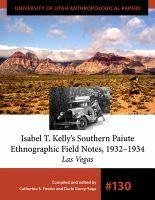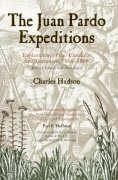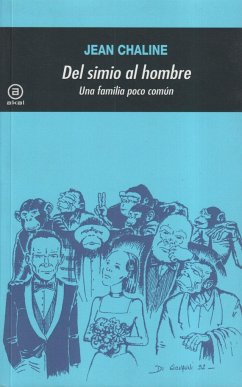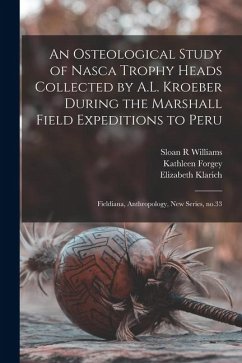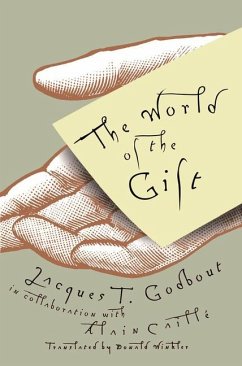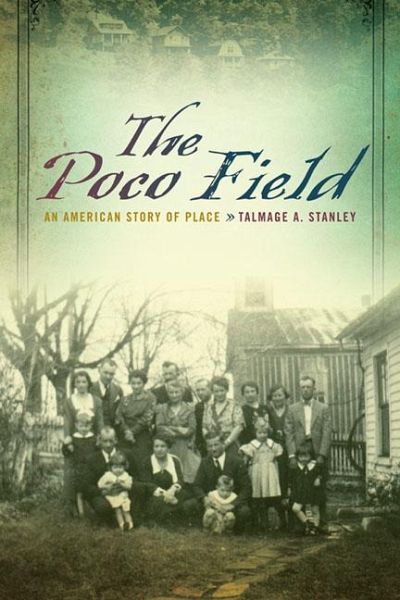
The Poco Field
An American Story of Place
Versandkostenfrei!
Versandfertig in über 4 Wochen
30,99 €
inkl. MwSt.

PAYBACK Punkte
15 °P sammeln!
In this beautifully written meditation on identity and place, Talmage A. Stanley tells the story of his grandparents' middle-class aspirations from the 1920s to the 1940s in the once-booming Pocahontas coalfields of southern West Virginia. Part lyrical family memoir and part social study, The Poco Field: An American Story of Place addresses a long-standing gap in Appalachian and American studies, illustrating the lives and choices of the middle class in the mid-twentieth century and delving into questions of place-based identity. Exploring the natural and built environments of the towns of ...
In this beautifully written meditation on identity and place, Talmage A. Stanley tells the story of his grandparents' middle-class aspirations from the 1920s to the 1940s in the once-booming Pocahontas coalfields of southern West Virginia. Part lyrical family memoir and part social study, The Poco Field: An American Story of Place addresses a long-standing gap in Appalachian and American studies, illustrating the lives and choices of the middle class in the mid-twentieth century and delving into questions of place-based identity. Exploring the natural and built environments of the towns of Keystone, West Virginia and Newbern, Virginia, Stanley delineates the history of conflict and control of local industry and development. Through his grandparents' struggle for upward mobility into the middle class, Stanley narrates a history that counters ideas of Appalachia as an exception to American culture and history, presenting instead an image of the region as an emblem of America at large. Stanley builds out from family and local history to examine broad structures of values and practices as they reflect and relate to place, showing how events such as the development of extensive mineworks, the ghettoization of the area's black residents, the catastrophic flooding of the Elkhorn Creek, and the fraud-induced failure of Keystone National Bank signal values that erode a place both literally and figuratively. Giving voice to activists now working to break down boundaries and assumptions that long have defined and restricted the middle class in the global economy, The Poco Field also champions the creative potential of place for reinvigorating democratic society for the twenty-first century.






